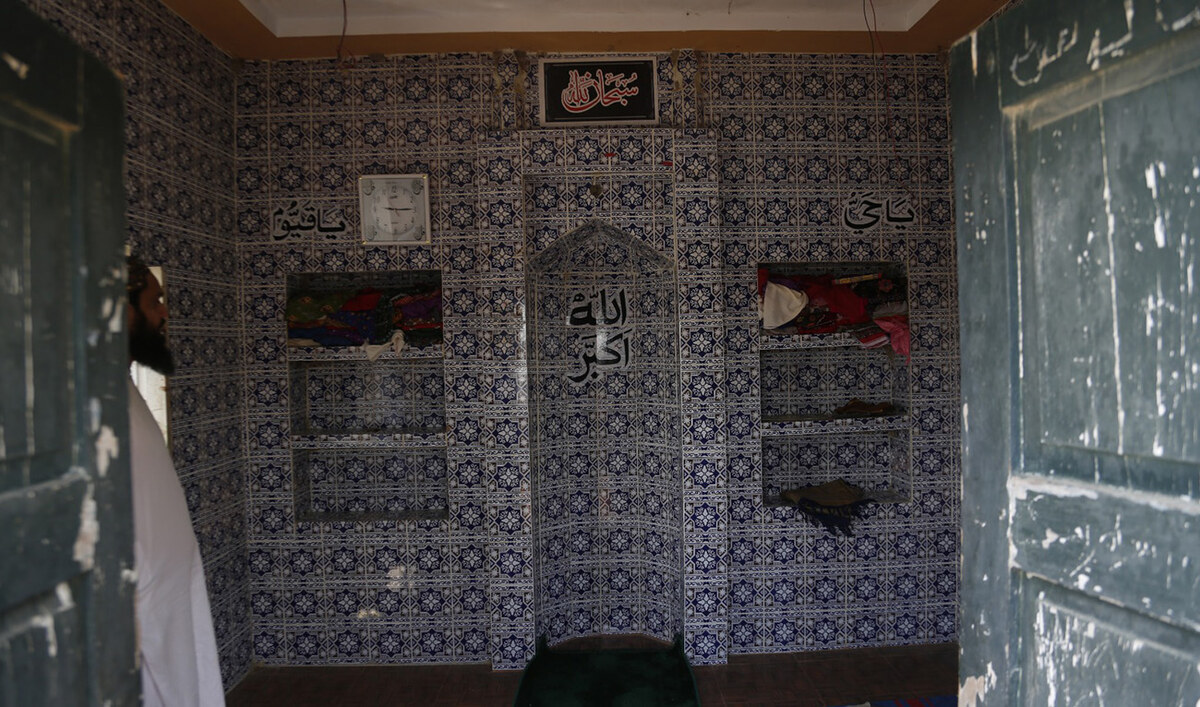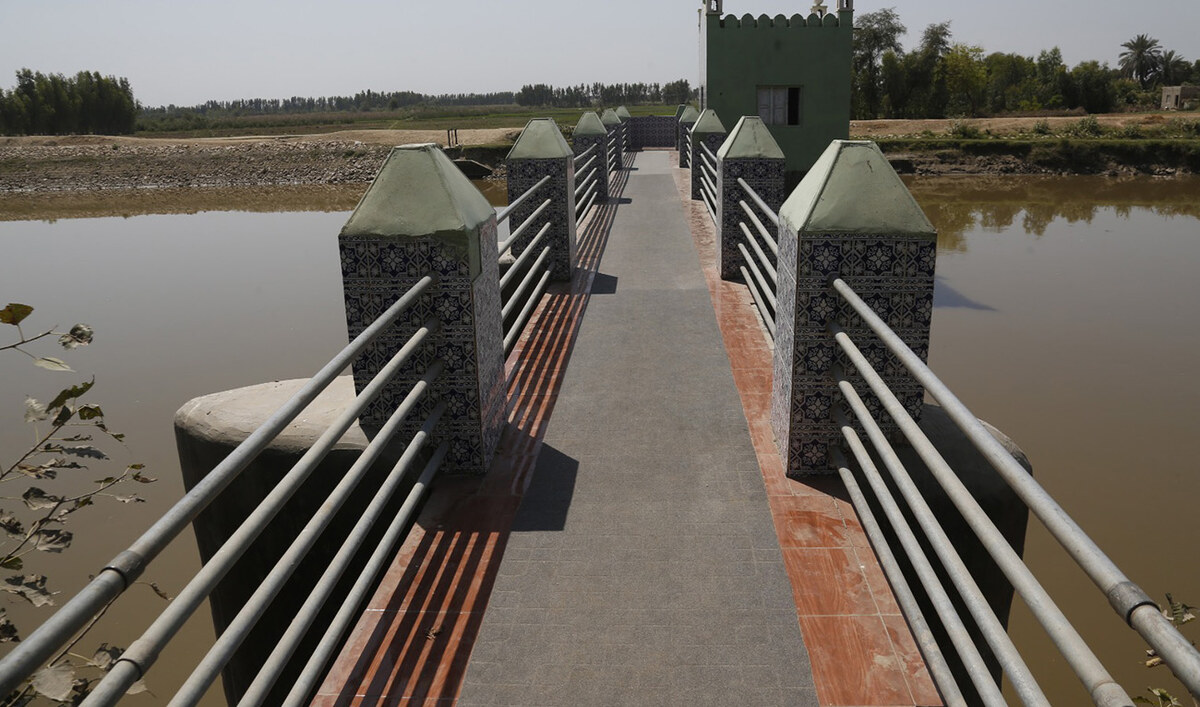NEW YORK: What an experience. From the moment I arrived in New York on June 7, when I immediately felt the match build-up, to mingling with cricket fans in Times Square, to being in the ground, it is an event I will never forget.
All conversations centered on Pakistan’s match with India, cricket in North America and cricket in general, providing a once-in-a-lifetime experience. Then came the match, which lived up to all my expectations and then some.
The Nassau County International Cricket Stadium is an hour and a half away from Times Square by taxi. Thick cloud accompanied fans travelling to the stadium and the poor early weather could have brought Pakistan into the game as Shaheen’s swing bowling would add to already difficult batting conditions.
If India had won the toss, I would have feared they would take full advantage, but Pakistan’s captain, Babar Azam, called correctly and opted to bowl first.
Early rain caused several stops and starts, but India came out as a team that had played on the ground before, whereas this was Pakistan’s first outing in New York. India’s advantage of already experiencing the conditions and winning there was evident.
Although Pakistan claimed the prized wickets of Virat Kohli and Rohit Sharma, India’s openers, early on, Rishabh Pant and a promoted Axar Patel illustrated exactly how ready India were to take the game to their great rivals. Their aggressive approach was designed to make the Pakistan bowlers crumble. I never got the sense that Pakistan genuinely believed they could win. Even with India two wickets down cheaply, the team in green could not quite believe the position in which they found themselves.
I have a great deal of respect for both sets of players, as they were playing on a surface that was not fit for international cricket. This is not just my view but that of many experienced observers. The pitch was dangerous at times and every batter struggled. Each player chose his own way of dealing with the demons. Rishabh Pant was ultra-aggressive and the rest of his team followed suit. India took more risks and rode their luck, but fortune often favors the brave.
Once India had taken their total to a modest 119, most people would think the chasing team held all the aces. Unfortunately for Pakistan, it felt like none of their batters felt the same way. They opted to try and dig deep, which was understandable, but any invention, drive and intent was lacking.
Jasprit Bumrah was outstanding with the ball, well supported by Hardik Pandya and Mohammad Siraj. Once Mohammad Rizwan was dismissed, the task seemed too large for the rest of the Pakistan batting.
The atmosphere in the ground, though, was special. The two sets of fans mixed, although Pakistan’s supporters were heavily outnumbered. As the teams traded blows, the excitement switched from one set of fans to the other. I was watching both as a cricket fan and with my media head, but still lost my voice through giving vocal support.
Even the seats in the big temporary stands were blue, something that could perhaps have been changed. It must have been intimidating for the Pakistan players and it is difficult to escape the feeling that small, seemingly inconsequential, actions create favorable environments for Team India. The almost total lack of Pakistan supporters in Ahmedabad for the match against India in the ODI World Cup last year comes to mind.
Nevertheless, the Indian team was excellent. When their backs were against the wall, they showed fight and a genuine togetherness. India are incredibly confident, they believe in what they are doing, have clarity of thought and in their roles, and are backed by their management structure.
Pakistan, on the other hand, have a number of problems. They do not appear to believe in themselves and the off-field instability shows no sign of change. Despite the closeness of the scores on the day, the two sides are a long way apart.
There were big opportunities for Pakistan throughout the match. The pitch conditions were a leveler, whilst they bowled well to restrict India with wickets in the latter stages. They could have grabbed the game, but let things slip and fell short. In a match where every run mattered, India captain Rohit Sharma chose the right moves, Babar was slow to react. An example of Pakistan’s problems was that leg-spinner Shadab Khan was not asked to bowl a single over. Why, then, is he in the team, if the captain does not appear to possess enough faith in his bowling?
Turning to the American market, the spectacle was mesmerizing, even crazy. It was a day the like of which I have never before experienced and something that still has me buzzing. Anyone at the game will surely want to watch more cricket. However, if its best side is to be shown to the Americans, the quality of pitches has to improve. There is a risk that a golden opportunity has been missed.
A better pitch would have provided even better entertainment. No doubt there will be those who argue that the pitch created a close and tense match. This misses the point. The variable pitch conditions across the nine grounds on which the World Cup is being played may hand skewed advantages and disadvantages to individual teams.
The defeat leaves Pakistan on the brink of an early exit from the tournament. Their fate is no longer in their own hands, with the USA, India and Canada ahead of them in the group. A victory for the USA over Ireland will see Pakistan out, which is not acceptable in a group containing three much lower-ranked sides. The Super Eights were the bare minimum objective for Pakistan.
The team’s performance is a byproduct of everything that has happened over the last two years. All the chaos, the poor off-field management and instability, mean the desired levels of professionalism are lacking. It is going to take more than changing the coaches to resolve the issues. The new coach, Gary Kirsten, bemoaned poor decision-making by batters after reaching 72 for two with eight overs left.
I did not expect Pakistan to beat India. In fact, I predicted a clear India win. The closeness of the game should not be seen as any kind of positive or used to mask Pakistani deficiencies. It never felt like Pakistan were destined to win. There is an obvious and large gap in standard between the two sides, which will take serious work to bridge.
Pakistan will not be eliminated from the T20 World Cup just because of this defeat in New York. The damage was done by the defeat to the USA. However good this was for the competition and tournament hosts, it was a match which Pakistan should never have lost. They will be going home early because, currently, they are not good enough to stay.






















